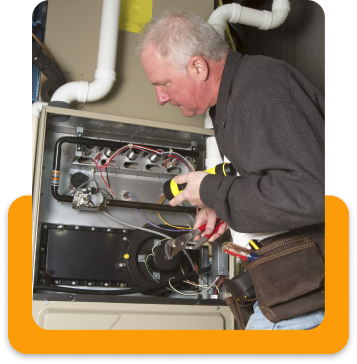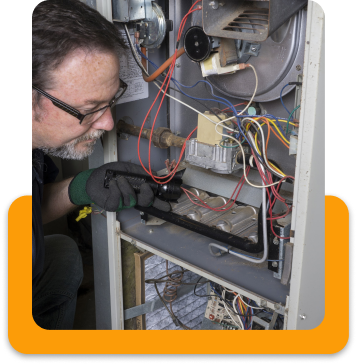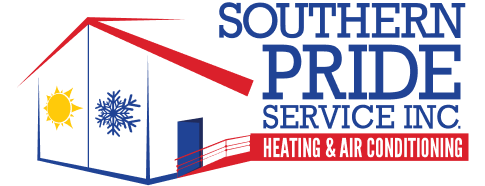Southern Pride Service offers the best furnace repair solutions in Fort Washington, MD. Our licensed technicians receive training to provide the furnace service your home deserves. Southern Pride Service aims to restore your comfort and deliver quality repair services to keep you warm on the coldest days.
Professional Furnace Repair in Fort Washington, MD
Same Day Repair – If Applicable

Professional Fort Washington Furnace Repair
Preventing many emergency repair calls starts with recognizing the signs of furnace issues early. This recognition is crucial for maintaining a comfortable and safe home, helping you avoid major breakdowns and emergencies during winter storms. Strange furnace odors, ranging from burning smells to the telltale “rotten egg” scent of a gas leak, signal trouble.
The latter odor requires prompt attention because it poses a major household risk. When a furnace emits a burning plastic smell, it likely indicates an electrical issue or overheating. Sometimes, the burning smell results from an accumulation of dust or debris, while dirty filters can produce unpleasant odors. Do not ignore strange odors, even if the furnace seems to be working properly.
- Strange odors
- Pilot light issues
- Inadequate heating
- Unusual noises
The furnace system’s pilot light should burn a steady blue flame. When it flickers or changes to yellow or orange, it may indicate an issue with an assembly or mechanism. A common problem is a clogged gas pilot orifice. Other potential causes include a malfunctioning thermocouple sensor or gas valve. If the pilot light extinguishes every few hours, the heat exchanger or furnace venting system might be at fault. You may need repairs ranging from cleaning the gas pilot orifice to replacing the thermocouple sensor or gas valve.
You can identify an inefficient furnace mechanism by noticing cold spots or uneven heating in your home. Problems may stem from clogged filters, faulty thermostats, igniter failures, or damaged blower motors. Caked filters restrict airflow, reducing heating efficiency.
The thermostat’s sensors might misread the temperature in your living spaces. Sometimes, the pilot light and igniter mechanism could also be problematic, but more commonly, ductwork or insulation issues cause uneven heating. This type of furnace issue can develop into more expensive repairs later on.
Unusual noises from the furnace may originate from the blower, ductwork, or gas lines. Grinding sounds often point to a problem in the blower, specifically with the wheel or bearings. Squealing typically indicates slipping belts or other blower motor issues.
If you hear banging noises, they usually occur due to ductwork material expanding from overheating. Hissing sounds accompanied by a rotten egg smell signal a serious emergency that requires immediate attention.
Contact Us for Furnace Service
Ignoring furnace issues can result in costly repairs, major headaches, and safety risks. The wise move is to address them immediately with our professional services. Our company, Southern Pride Service, in Fort Washington, has been troubleshooting and providing local furnace service in our area since the mid-1990s.
Our licensed technicians renew their credentials with the Board of Heating, Ventilation, Air Conditioning, and Refrigeration. We are premier dealers of American Standard and GeoPro furnaces.

Contact Southern Pride Service in Fort Washington today for fast and dependable furnace repair services!
Explore all of our professional HVAC Services!





©2026 Southern Pride Service | All Rights Reserved | License: #18273. | Privacy Policy Web Design and Internet Marketing by RYNO Strategic Solutions
